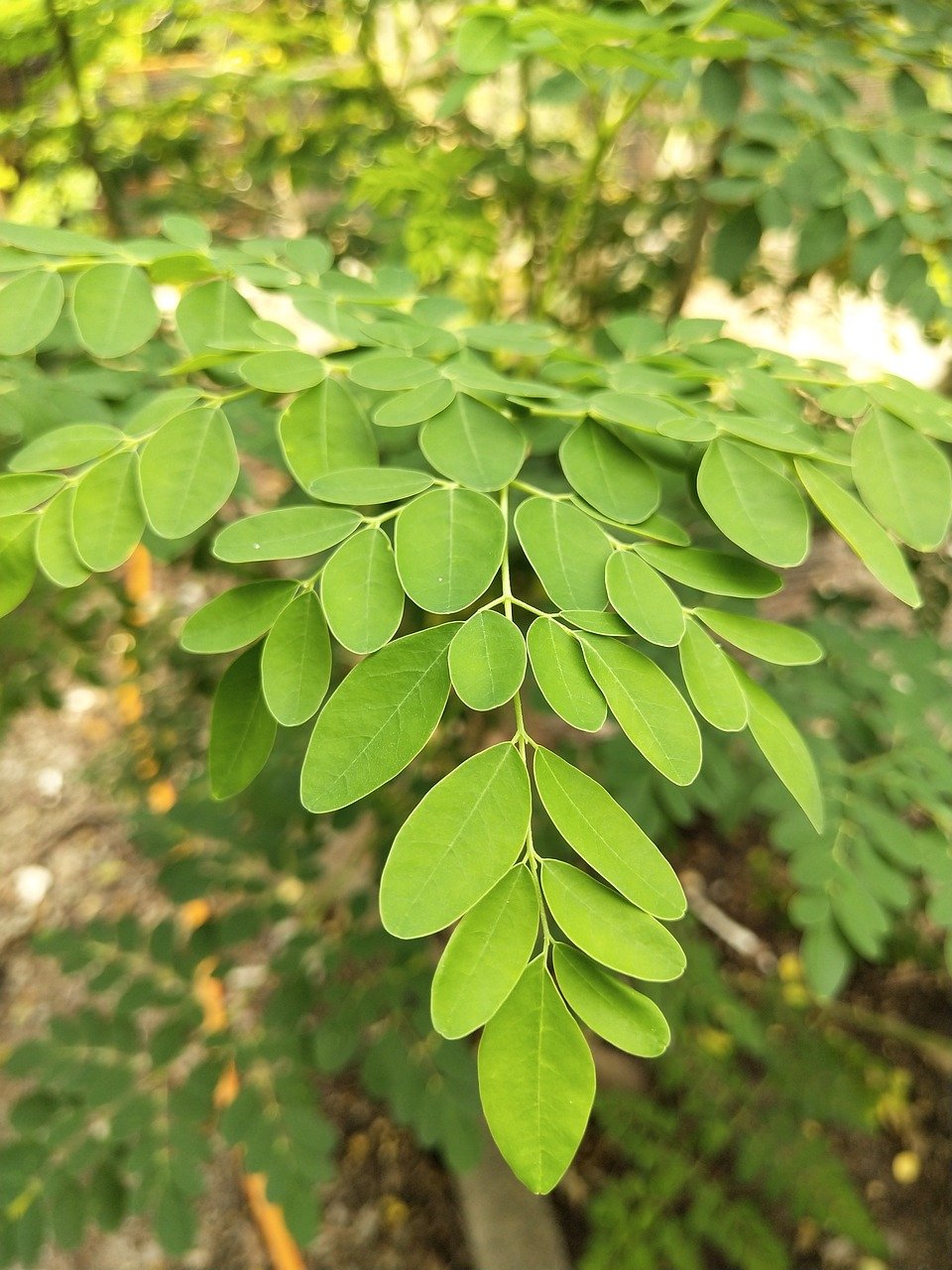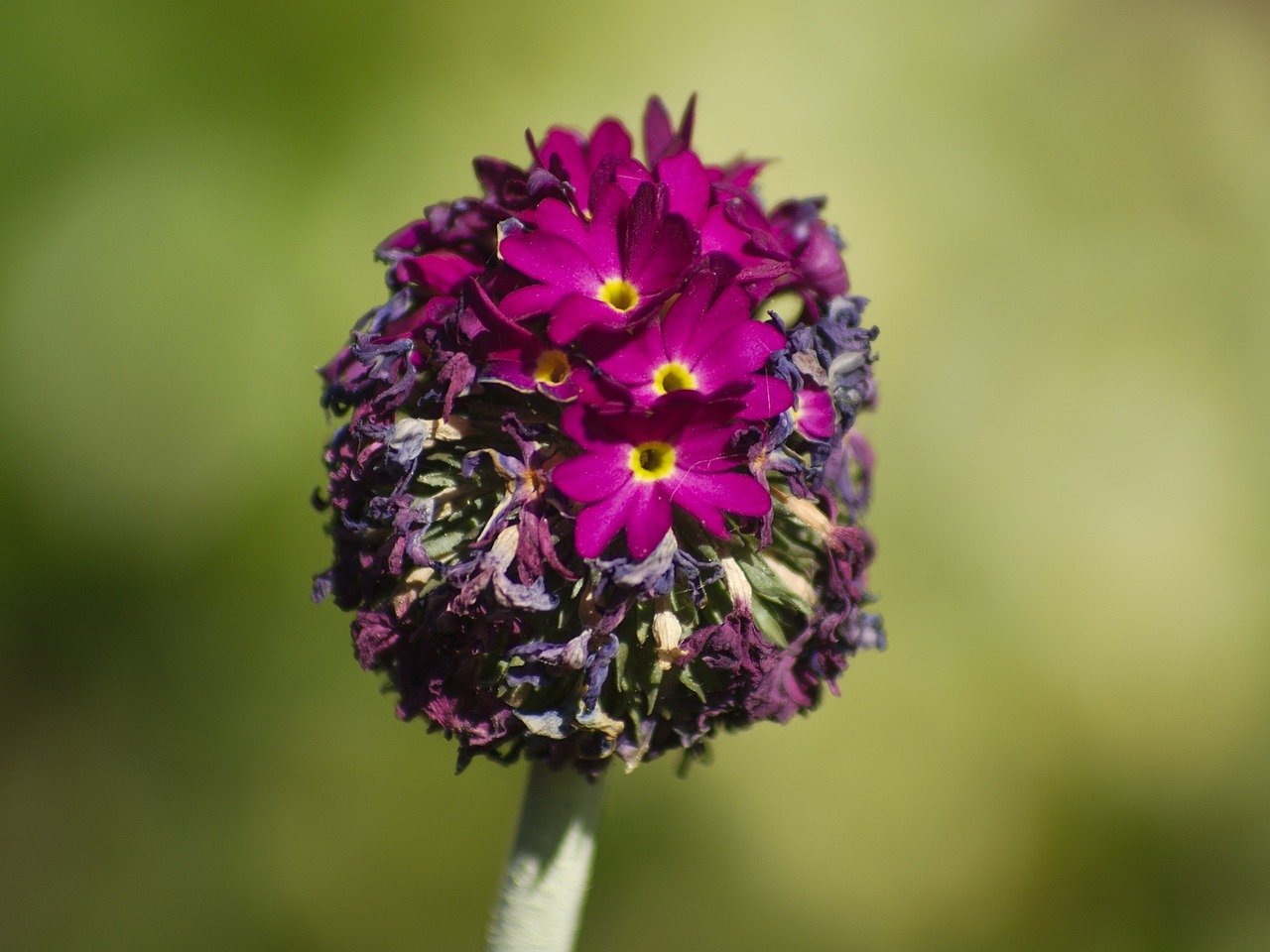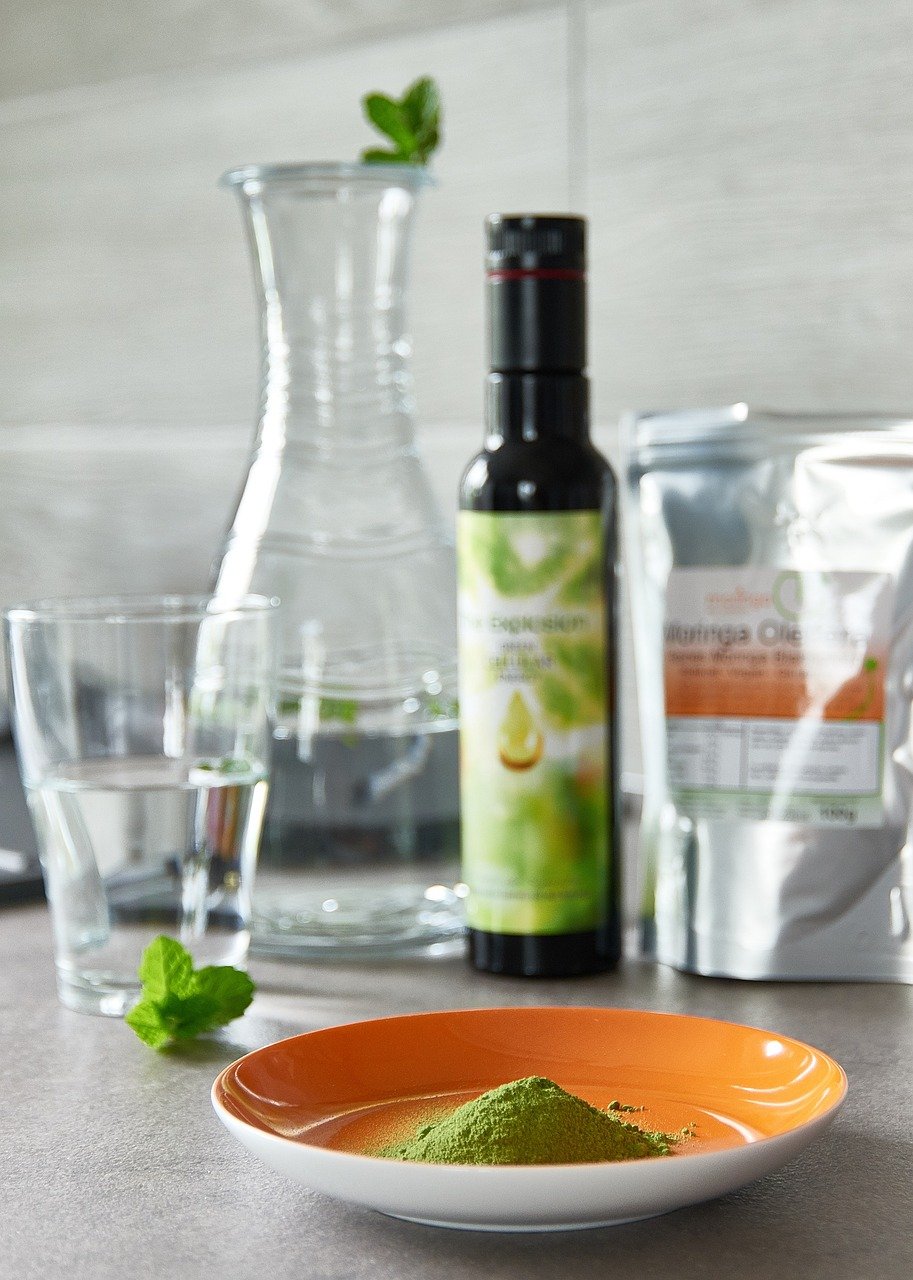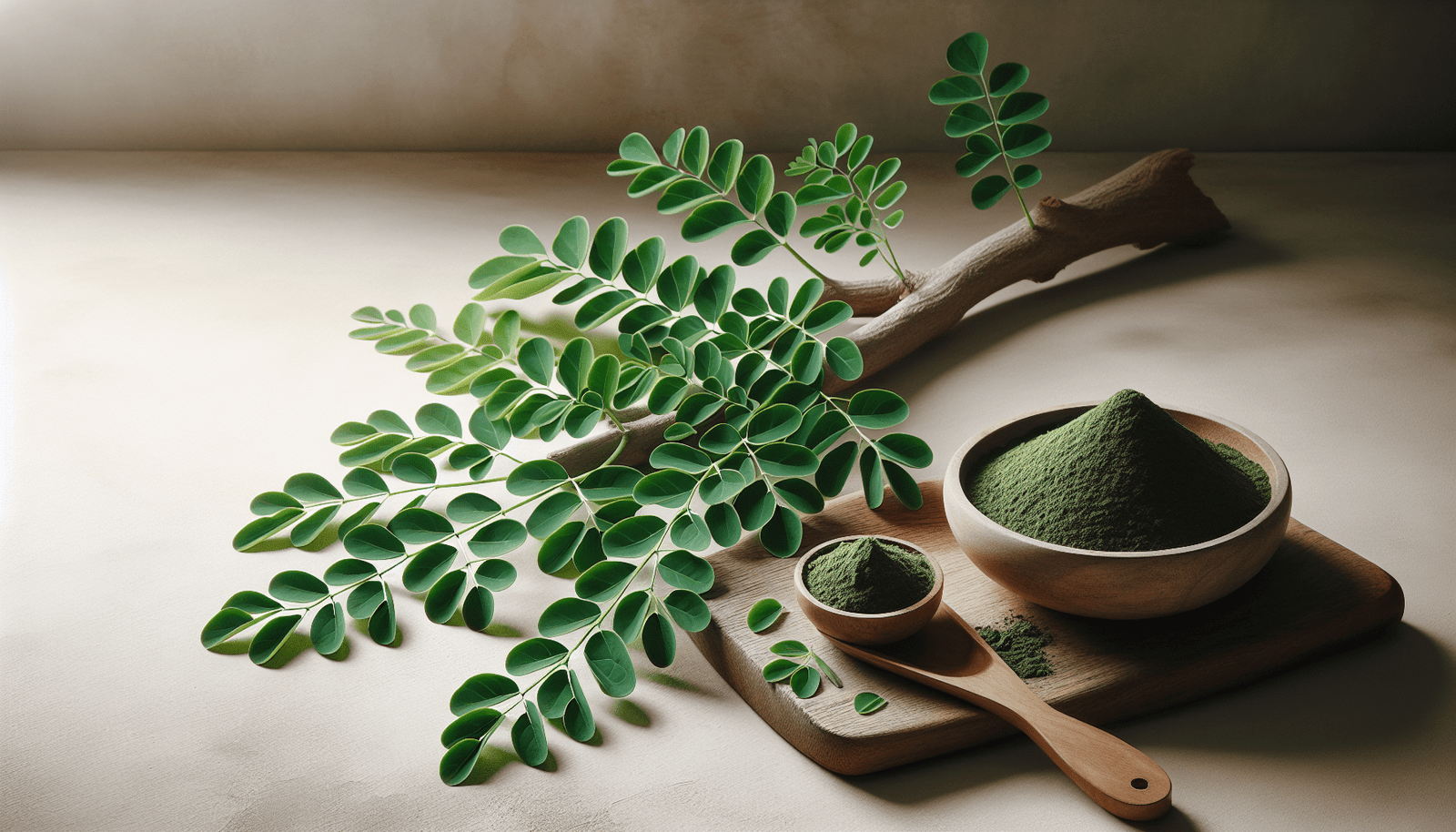Have you ever wondered how the foods you consume can impact your muscle recovery after an intense workout? If you’re an athlete, a fitness enthusiast, or someone who’s simply trying to lead a healthier lifestyle, you might have come across the superfood known as Moringa. This powerful green plant is gaining popularity for its numerous health benefits, particularly in aiding muscle recovery.

What is Moringa?
Moringa, often referred to as the “drumstick tree” or “miracle tree,” is a plant native to parts of Africa and Asia. It has been used for centuries in traditional medicine due to its rich nutrient profile. Moringa leaves, pods, seeds, and even flowers are packed with vitamins, minerals, and amino acids that provide an impressive range of health benefits.
Moringa leaves are primarily consumed in powdered form, making it easy to incorporate into smoothies, juices, or even sprinkled over meals. The beauty of Moringa lies in its versatility and the multitude of nutritional benefits it offers, especially when it comes to muscle recovery.
The Nutritional Profile of Moringa
Understanding the nutritional profile of Moringa helps you appreciate why it is beneficial for muscle recovery.
Rich in Antioxidants
Moringa is loaded with antioxidants, compounds that help combat oxidative stress in the body. Oxidative stress can occur after strenuous exercise, leading to muscle fatigue and soreness. A higher intake of antioxidants helps to neutralize harmful free radicals, promoting faster muscle recovery.
High in Protein
Did you know that Moringa contains all nine essential amino acids? This makes it a fantastic source of protein, which is crucial for muscle repair. After workouts, your muscles need protein to heal microtears that occur during exercise. Therefore, incorporating Moringa into your diet can support muscle regrowth and recovery.
Abundant in Vitamins and Minerals
Moringa is a potent source of essential vitamins and minerals, such as:
| Vitamin/Mineral | Benefits for Muscle Recovery |
|---|---|
| Vitamin C | Aids in collagen formation and reduces muscle soreness. |
| Vitamin E | Acts as an antioxidant, protecting muscles from damage. |
| Calcium | Important for muscle contraction and overall muscle function. |
| Potassium | Helps prevent cramps and supports muscle function. |
| Magnesium | Assists in muscle relaxation and alleviates muscle contractions. |
These vitamins and minerals work together to enhance your body’s ability to recover after workouts, reducing the time it takes for your muscles to feel ready for your next session.

How Moringa Can Aid Muscle Recovery
You might be curious about the specific ways Moringa can aid muscle recovery. Here are some key benefits to consider:
Reduces Inflammation
After an intense workout, it’s not uncommon for your muscles to become inflamed. This inflammation can slow down the recovery process and lead to aches and pains. Moringa contains anti-inflammatory properties that help reduce swelling and pain, allowing your muscles to heal faster.
Improves Muscle Relaxation
If your muscles are tense after a workout, it can hamper recovery. The high magnesium content in Moringa plays a vital role in muscle relaxation. When your muscles are relaxed, there’s less tension and stress, which allows them to recover more efficiently.
Boosts Immune Function
Strenuous exercise can sometimes weaken your immune system, making you susceptible to illness. Moringa’s rich vitamin C content bolsters your immune system, helping to fend off infections that could derail your fitness goals.
Supplies Energy for Recovery
Moringa is known to improve energy levels, which is essential for effective recovery. When you are well-rested and energized, your body can actively engage in the recovery process, restoring your muscles effectively.
Hydration Support
Staying hydrated is critical for muscle recovery. Moringa powder can be added to your post-workout shakes or smoothies, contributing to your fluid intake while also delivering essential nutrients that support your recovery.
How to Use Moringa for Muscle Recovery
Incorporating Moringa into your diet can be seamless, and there are several delicious ways to do it.
Moringa Smoothies
A great way to enjoy Moringa is by making smoothies. Blend your favorite fruits, some yogurt or plant-based milk, and a scoop of Moringa powder for a nutritious and energizing post-workout drink.
Moringa Tea
Brewing Moringa tea is another fantastic option. You can steep Moringa leaves in hot water for a refreshing beverage rich in antioxidants. Add a splash of lemon or honey for added flavor and benefits.
Moringa in Meals
Sprinkling Moringa powder over your meals, such as salads, soups, or rice dishes, can elevate their nutritional value. Just a teaspoon or two can provide significant benefits without altering the taste of your food.

Combining Moringa with Other Nutrients
Pairing Moringa with other nutrients can enhance its benefits for muscle recovery. Here’s a look at some combinations that work wonders.
Moringa with Protein
Combining Moringa with a protein source, such as Greek yogurt or protein powder, can maximize the protein availability for muscle recovery. This duo ensures that your muscles are receiving the necessary building blocks for repair.
Moringa with Omega-3 Fatty Acids
Omega-3 fatty acids, found in fish oil or flaxseeds, have potent anti-inflammatory properties. Pairing Moringa with these healthy fats can further diminish muscle soreness and speed up recovery time.
Moringa and Electrolytes
Combining Moringa with electrolyte-rich foods or drinks can help maintain hydration and replenishment after intense workouts. Coconut water, bananas, and electrolyte supplements are excellent companions for Moringa.
Potential Side Effects and Precautions
While Moringa is safe for most people when taken in moderate amounts, it’s essential to be aware of some potential side effects:
Digestive Issues
Some people may experience mild digestive discomfort when consuming Moringa, especially in large doses. It’s a good idea to start with small amounts and gradually increase to assess your tolerance.
Blood Pressure Levels
Moringa can potentially lower blood pressure. If you are on medication for high blood pressure or have concerns, consult your healthcare provider before adding Moringa to your diet.
Pregnant or Breastfeeding Women
If you are pregnant or breastfeeding, it’s recommended to consult your doctor before using Moringa, as its effects haven’t been fully studied in these populations.

Conclusion
Incorporating Moringa into your diet can be a game-changer in your muscle recovery strategies. With its rich supply of nutrients, antioxidants, and anti-inflammatory properties, it serves as a powerful ally following intense physical activity. The benefits of Moringa extend beyond recovery—it supports overall health, energy levels, and immune function.
As you embark on your fitness journey, consider adding Moringa to your meals or beverages to reap its many advantages. Remember to listen to your body and consult a healthcare professional if you have any concerns. Here’s to smoother, faster recovery and reaching your fitness goals!